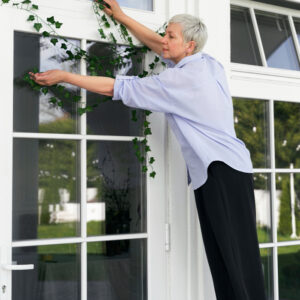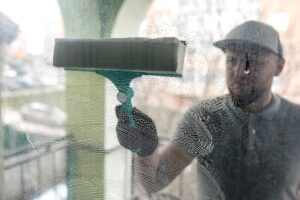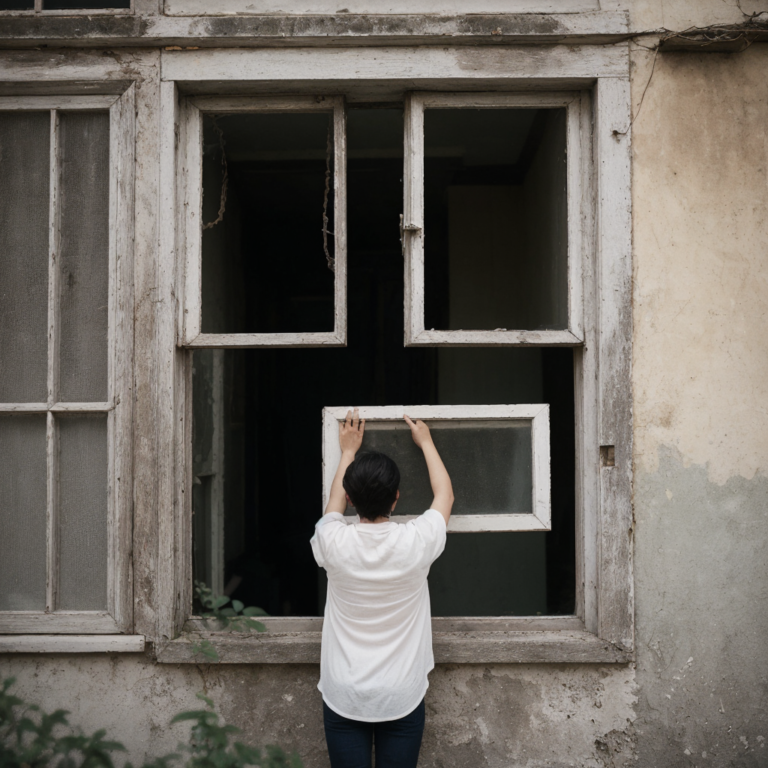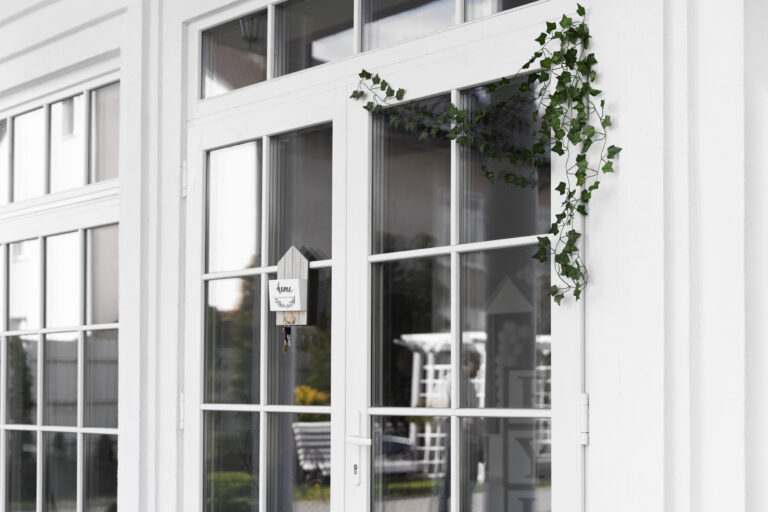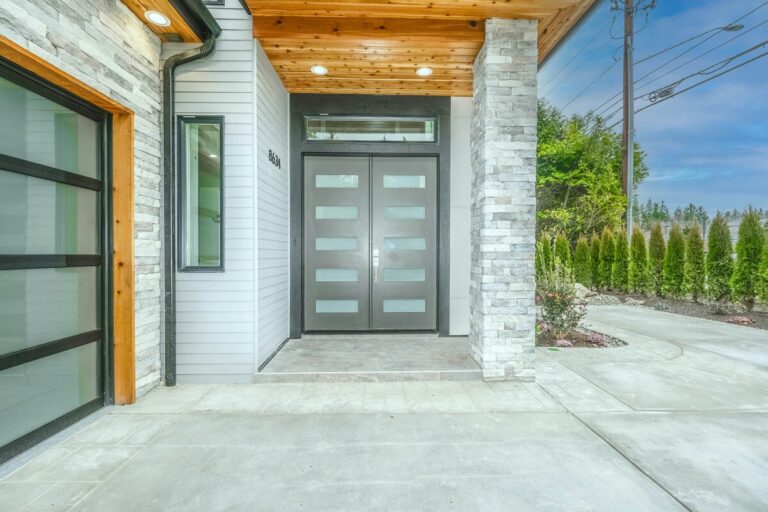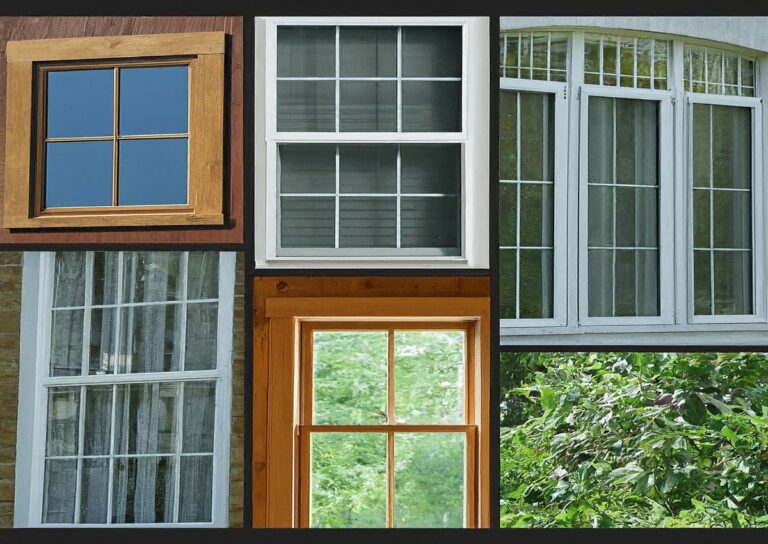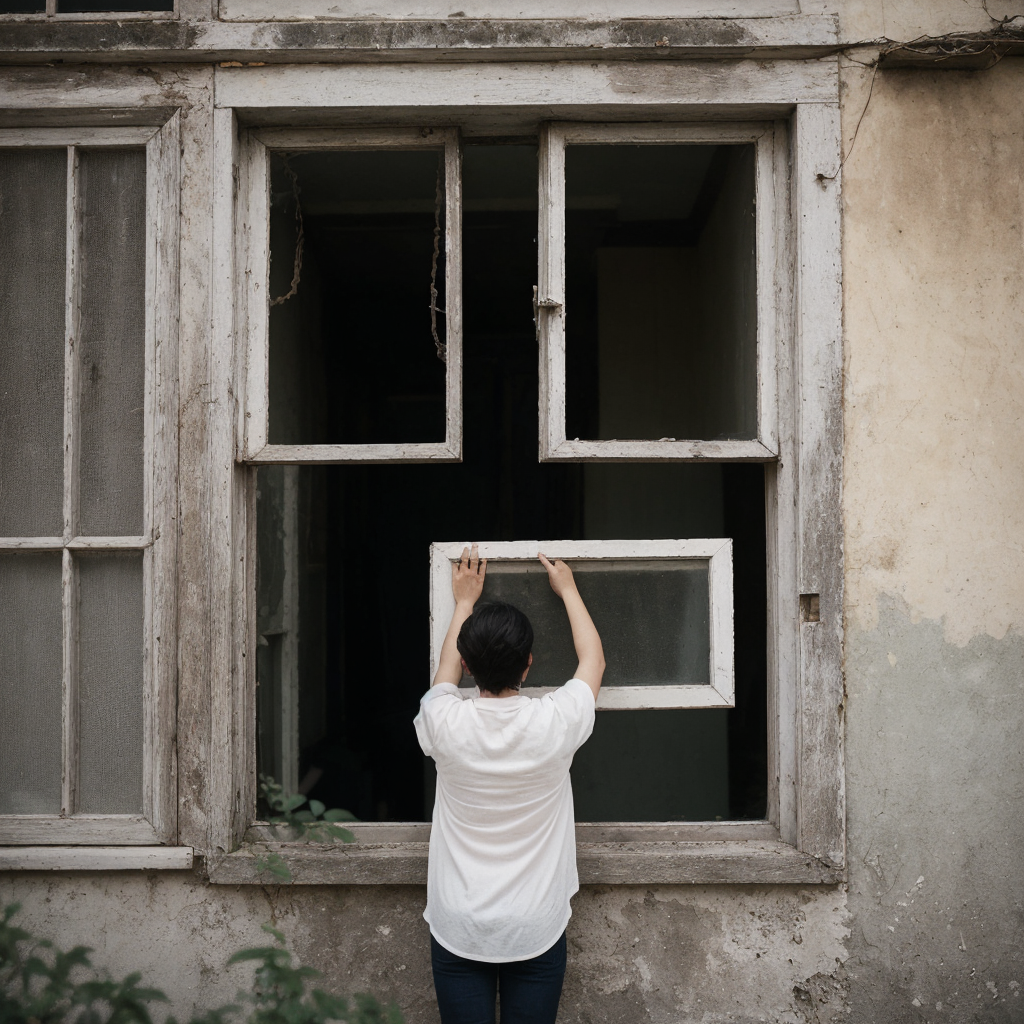Upgrading your old windows may seem like a surefire way to cut costs, but in most situations, it’s unlikely to provide financial savings during your lifetime. Often, repairing existing windows or installing additional layers can prove to be a more economical approach.

When to replace windows
When your windows suffer significant damage from water, it’s a clear sign they need replacing. Ignoring wood rot in your home can lead to escalating issues. Beyond losing heat, money, and comfort, the rot can extend past the window frame, compromising the structural integrity of your home’s walls. Additionally, poor window conditions can worsen air quality inside your house, as they might encourage the growth of mold and mildew. Replacing a severely damaged window can be a crucial step in preserving both your home and health.
However, addressing this problem can introduce a dilemma often described as a ‘slippery slope.’ Replacing a single window may visually clash with the others on the same wall, highlighting its newness in contrast to the older windows. This mismatch can disrupt the aesthetic harmony of your home’s exterior.
Ultimately, the decision to replace just one window or perhaps more lies with you. While it might seem like a minor issue, this choice can impact the overall look and feel of your house. Making these decisions isn’t always straightforward, but considering both the functional and aesthetic consequences can guide you to the best outcome for your home.
Will replacing old windows save money?
Replacing your home’s windows is often viewed as a cost-saving measure, but is it truly worth the investment? When considering a full home window replacement, it’s crucial to evaluate whether the potential savings justify the upfront costs. This involves not only the expense of purchasing new windows but also the costs of renovation should your old windows require significant updates. We tend to steer clear of vinyl options and recommend opting for triple-pane windows with Low-E coatings and frames made of wood or fiberglass—or even cutting-edge suspended-film insulating glass units.
To accurately determine whether window replacement is a prudent decision, obtaining a detailed quote for the desired window types is essential. Additionally, consider conducting energy modeling on both your current and prospective windows. This can provide insight into the payback period you might expect. For a ballpark figure, let’s use the example of a high-quality triple-pane window measuring 4×5 feet, which could cost upwards of $1,000.
Once you’ve tallied the costs for the window along with installation and finishing, it’s time to examine your heating bills. Estimate whether the energy savings from the new window could realistically offset its cost. Suppose the total expense, including installation, approaches $1,400. You then need to calculate how long it would take to save this amount through reduced heating costs.
However, it’s essential to consider the longevity of both the savings and the window itself. Typically, the window may not even last long enough for you to recover your investment through energy savings, let alone exceed it. This raises a significant question: will you still be residing in the home long enough to benefit from the savings? For many, the answer is no, making window replacement a less attractive financial decision.
Windows, Replace or Repair?
Many homeowners ask if replacing old windows with newer, higher-performing ones is a cost-effective move. Surprisingly, we often advise them to keep their current windows. While the concept of window replacement can seem environmentally friendly, it doesn’t always result in significant energy or cost savings. Our recommendation is to replace windows during home renovations only if they are beyond repair due to severe wood decay or rot.
Although older windows can be less efficient, allowing more air leakage and heat loss compared to new ones, replacing them involves considering their entire environmental impact. The creation of new windows encompasses energy use and carbon emissions from extracting raw materials, manufacturing, and transportation.
Furthermore, window replacement is not only a considerable expense but also heavily dependent on labor costs, which include manufacturing, installation, and finishing. If you decide to replace old, inefficient windows, it’s worthwhile investing in high-quality options. Installing cheap, low-quality windows doesn’t make financial sense or improve quality of life. Upgrading from double to triple-pane windows, although initially more costly by about 20-25%, can offer quick returns through energy savings, enhanced durability, better sound insulation, and more comfortable living conditions during colder weather. When choosing new windows, consider the best type for your home, whether it’s wood, aluminum, or PVC/Vinyl.
Repairing old windows
If the frames of your windows are still in good condition but you’re experiencing air leaks, repairing them could be a feasible and cost-effective solution. Addressing these leaks promptly can significantly reduce your energy costs and improve your home’s insulation.
Most air leakage in windows doesn’t come through the glass itself but around old, worn-out seals and between the window frame and its rough opening. Sealing these gaps effectively could be as simple as applying a new bead of caulk, ensuring that your windows become airtight once again.
To tackle this, start by pinpointing the exact locations of the air leaks. Remember, due to the natural stack effect in buildings where warm air rises, air tends to enter on lower levels and escape on higher floors. This can make detecting leaks on upper floors a bit challenging without the help of a windy, cold day which accentuates the leaks. Also, watch out for signs of moisture such as water stains, mold, and mildew which are telltale indicators of problematic areas.
How to fix fogged windows
Over time, the seals on windows degrade, resulting in air leaks that can lead to moisture accumulating between the panes. Some companies propose defogging as a cost-effective alternative to replacing the windows, claiming it costs about half as much. However, the true value and quality of such a service are often questionable.
The defogging process involves drilling holes in the glass to clean the interior surfaces and install moisture venting valves. These valves are meant to allow air circulation that can help prevent future moisture build-up. Although this technique might clear up the view through your windows, it essentially transforms the thermal performance of double-pane windows to that of single-pane windows, potentially diminishing their insulation effectiveness.
Furthermore, the apparent energy savings from defogging might not be as beneficial as expected. The process can actually increase heat loss, which may offset any initial savings from avoiding window replacement. Given these considerations, this solution might not be as economical in the long run.
Considering all factors, it might be more prudent to replace the window’s thermal units—typically the sealed glass components within the frames—especially if they are nearing or have exceeded their expected 15-20 year lifespan. Replacing these units can be a more reliable and long-term solution for maintaining your home’s energy efficiency and comfort.
Conclusion
Replacing old windows is essential when you notice drafts, difficulty in operation, visible damage, or rising energy bills. New windows not only enhance your home’s aesthetic appeal but also improve energy efficiency and security. By acting promptly, you can avoid more significant issues and enjoy a more comfortable living environment. Don’t wait for small problems to become big headaches; assess your windows regularly and make replacements as necessary to ensure your home remains safe, beautiful, and cost-effective.

